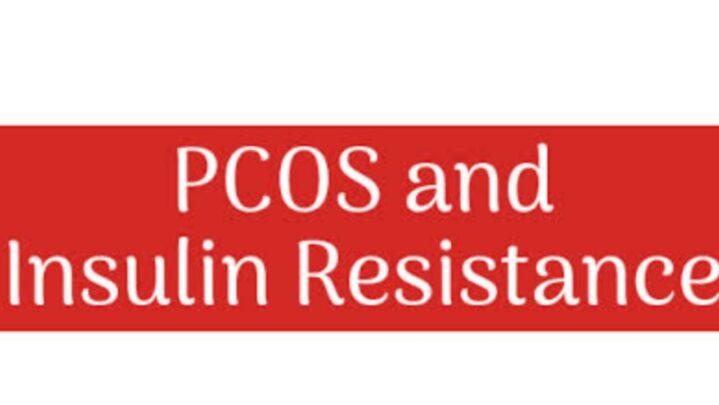In normal circumstances, insulin levels rise momentarily after eating.
It causes the liver and muscles to absorb and convert sugar from the bloodstream into energy. Blood sugar levels and insulin levels both drop as a result. When insulin sensitivity is normal, both sugar and insulin are normal on a fasting blood test. Insulin levels are high in persons who have insulin resistance, even if their blood sugar levels are normal. Why? Because the pancreas needs to create more insulin to communicate its message. Too much insulin causes both inflammation and weight gain. It has also been linked to Type 2 diabetes and heart disease. A physiological cause of PCOS is an oversupply of insulin.
The relationship between insulin resistance and PCOS
Insulin resistance is a common symptom of PCOS in both thin and fat people. It affects30-75 per cent of lean PCOS patients and 70-95 per cent of obese PCOS patients. High insulin levels aren’t only a symptom of PCOS; they’re also a primary cause. Ovulation can be hampered by high insulin levels, which cause the ovaries to produce too much testosterone. Over the previous ten years, an increased rate of PCOS has been linked to a rise in obesity and weight gain, according to one study. A “galloping growth [of PCOS] in conjunction with the increased prevalence of type 2 diabetes” was described in another study (10).
Also Read: Nausea Is One Of The Worst Feelings In The World: Here Are Some Natural Nausea Treatments





